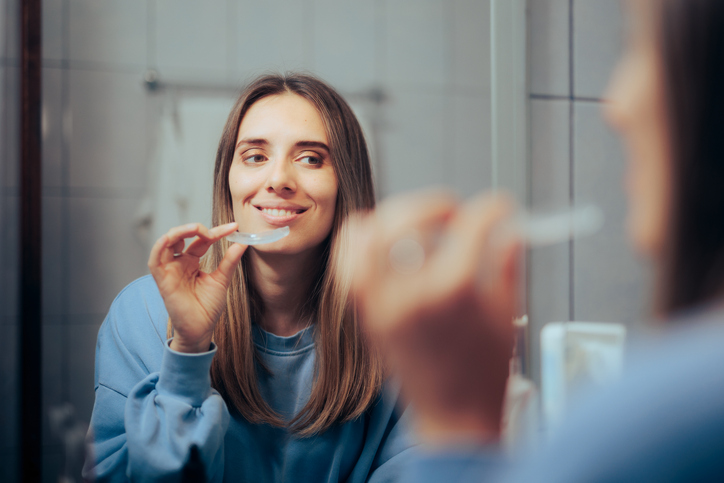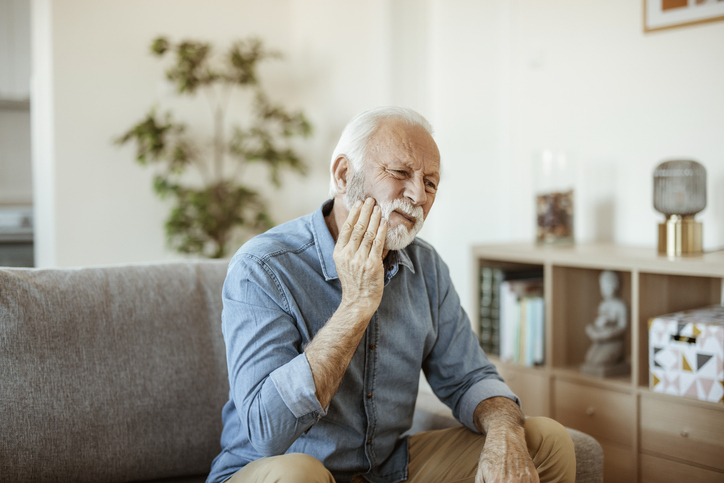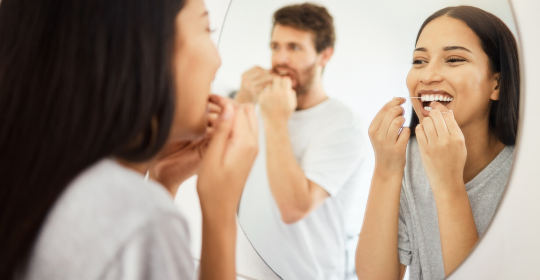 24 January 2024
24 January 2024
Most of us know that starting the day with toothbrushing is an important way to care for our teeth and keep on top of your oral health. Less commonly understood is the timing of tooth brushing – should I be brushing my teeth when I first wake in the morning, or after I’ve eaten? The evidence shows there are benefits either way, depending on individual factors and importantly, the type of breakfast foods we eat, especially those which contain fermentable carbohydrates such as eggs and bananas.
Reasons for brushing before breakfast.
When we’re sleeping, saliva flow decreases and bacteria multiply. We also tend to mouth breath when we’re asleep, all of which leads to morning breath. Brushing when we first wake helps to stimulate saliva production, remove plaque and freshen breath. Using fluoridated toothpaste also coats the teeth in fluoride, which helps to harden tooth enamel, making teeth less vulnerable to decay. Acidic foods and drinks such as juices, even coffee, is especially damaging, so the topical application of fluoride from toothpaste helps to add another layer of protection1.
It’s important to wait at least 30 minutes after brushing to eat. This allows the fluoride to do its job before it’s washed away.
Reasons for brushing after breakfast.
For some people, brushing after breakfast is a better idea. Foods which are high in sugary carbohydrates, like processed breakfast cereal, pancakes, breads, bakery goods and fruits, all have the tendency to stick to the teeth. This sticky food residue can provide energy for bacteria to turn into acid. Removing food particles by brushing means the bacteria can’t feed on what’s sticking to the teeth and gums, so the cycle of decay is halted1.
It’s recommended to wait at least 60 minutes after eating to brush your teeth. This allows the saliva to neutralise the mouth’s pH and repair the protective enamel on your teeth.
Is it that important to time my toothbrushing?
Ultimately, what’s important is that we brush twice each day with a fluoridated toothpaste1. Aim to brush for two minutes twice each day and use a small headed toothbrush to reach and clean all the tooths surfaces. Careful brushing at night before going to bed is especially important as this helps to remove food particles that have built up on the tooth and gums during the day. It’s also important to floss daily as this helps to remove food caught between the teeth and gums.
Current research supports not rinsing with water but instead, spitting out the toothpaste foam and allowing the fluoride toothpaste to sit on the teeth.
Other helpful timing tips
It’s helpful to develop habits and patterns of behaviour which support toothbrushing consistency. If it works for you to brush your teeth when you first get up, then keep doing this. If, however, you find brushing after breakfast is a better option, then keep it up. Alternating between one or the other may increase the risk of you missing out on brushing altogether. If you’re unsure which is best for you, think about your breakfast foods and make a decision that suits your morning routine best.
Speak with your dentist to understand more about what’s right for you and book an appointment today to keep up your preventative oral health routine. Regular check-ups will help to ensure that you are brushing your teeth correctly and frequently enough to maintain your good oral health.





